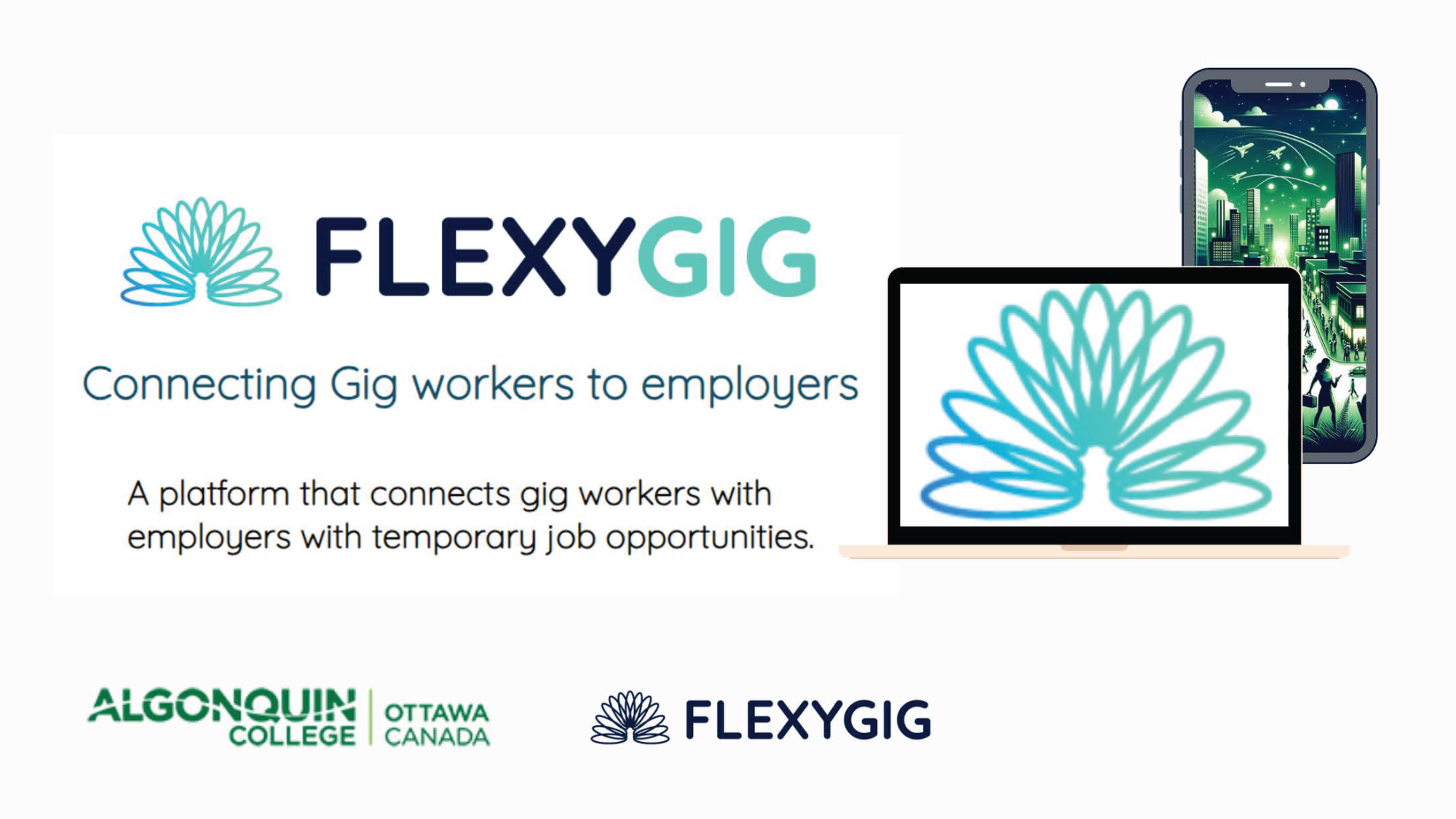
Project Summary:
A renewable-powered ocean water desalination device was designed and built to help alleviate the growing issue of water scarcity. It will run exclusively on renewable energy and have little to no negative environmental impact.
| Client | Ocean Wise | |
| Professor(s) | Carolyn LorimerJim Catton | |
| Program | Electrical Engineering Technology | |
| Student Team Members | Angus Fergusson, Bryan Mark, Dave Le, Jaymen Heuff, Owen Jewell |
Project Description:
A small-scale proof of concept prototype was designed and built to turn ocean water into potable fresh water. The system will be powered by a solar panel and portable power station and utilizes LabView and a MyDAQ to control the process.
